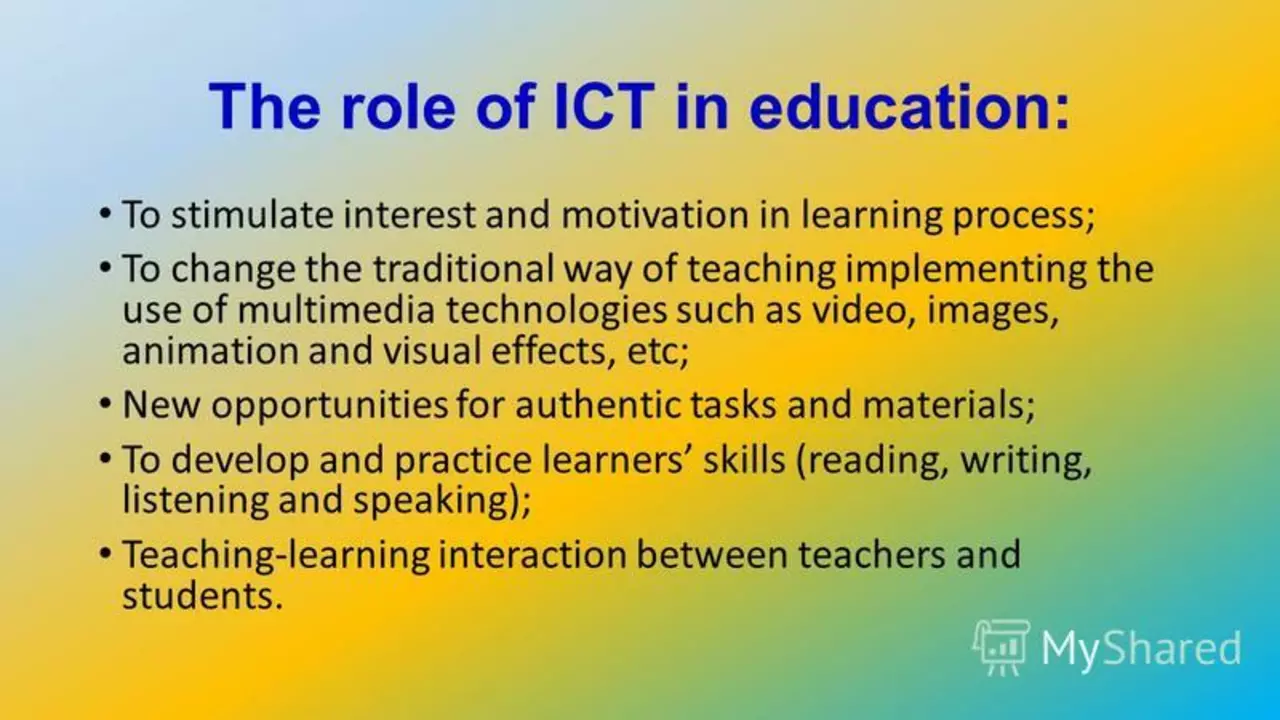What is the travelling theory of teaching and learning?

Understanding the Concept of Travelling Theory of Teaching and Learning
Have you ever packed a bag, jumped on a plane, and experienced a new culture, soaking up its unique vibrancy, food, and practices? If so, Theodore is ready to take you on another journey! This time, through the intellectual landscape of the travelling theory of teaching and learning. The travelling theory, at its core, interprets learning as a journey or a process, rather than a destination. It's a worldwide unique phenomenon that brings in diverse cultural factors, curriculums, and learning styles on one platform.
Ever wondered why one teaching method works miraculously well in one region but falls flat in another? Or why a piece of knowledge accepted in one cultural or social set-up is entirely dismissed in another? Yes, let's dig into the travelling theory of teaching and learning, which might hold a few answers for you! Come on; our intellectual tour awaits!
Weaving Origins and Definitions Together
The term "Travelling Theory" is coined primitively by Edward Said as a tool in literary criticism. However, the concept, interestingly, began its journey through the realms of teaching and learning. It postulates that ideas or theories do not stay static or immutable. Instead, they pass from culture to culture, context to context, often transforming, adapting, and reshaping depending on various local and global influences. Are you following me here? Great! Because now, we're delving deeper.
Spotting Transformation – A Key Element of the Travelling Theory
Earlier on, we stated that a theory could transform, adapt and reshape. Why is transformation essential, you might ask? The African saying "It takes a village to raise a child." might offer an answer. Learning is not a singular process. It is made up of diverse cultural, social, and economic exchanges. Hence, theories of teaching must also adapt to these dynamics. Remember, it's a huge world out there, and if ideas don't alter, they risk getting lost in translation.
Contextualization: The inherent Characteristic of Travelling Theory
Okay, we have woven origins, transformation, it's time to tie in 'contextualization.' A critical, inherent quality of a travelling theory of teaching is relentless attention to the local context - the specific circumstances, the historical baggage, the language, the culture, and people's way of life. Because no two contexts are identical, theories must adapt and reshape to ensure they remain relevant, applicable, and effective.
Travelling Theory and Pedagogy: The Dynamic Duo
Have you ever had a lightbulb moment when you suddenly understood something you'd been struggling with? That, my friend, is learning in action, the travel of knowledge from confusion to clarity. On the flipside, how is that knowledge delivered to ensure such moments happen more often? Voila, enter pedagogy! The bridge that connects travelling theory and pedagogy is understanding that teaching methods need to adapt, just as theories do, to the cultural, social, and historical context of the students. Isn't it like a dance? One must intuitively move, adapt, and sync with the other for a harmonious outcome.
Implications and Applications: Making Travelling Theory Count
Here we are! After an exhilarating journey through an intellectual landscape, let's talk practicality. How does travelling theory impact teaching and learning? For one, it encourages teachers to become researchers, investigating, probing, adapting, and tailoring their teaching styles to optimise their students' learning. Also, it prompts us to treat all learners as unique individuals, with diverse backgrounds and experiences that strongly influence their learning process.
Reflecting on my own journey as a writer and blogger, I recall an incident. I once wrote an article about a rather abstract theory (nothing to do with travelling theory, mind you!). The reaction to its publication was, shall we say, lukewarm. Pondering on the feedback, I realised most readers found it hard to relate to my writing based on their own cultural and social backgrounds. My fallback? The travelling theory! I revised, rewrote, and republished the article, this time, keeping readers' varying contexts in mind and voila – it was received very much warmly! There, you have it, a real-life instance of how the travelling theory can reshape thoughts, understanding and reception in different contexts.
In conclusion, the travelling theory of teaching and learning unlocks the door to a more dynamic, adaptable, and contextually-relevant education system. It provides a framework to understand, appreciate, and incorporate diverse influences into teaching and learning processes. Because remember, as in global travels, the journey is as crucial as the destination. So why keep theories locked up? Let them travel, transform, and transcend!